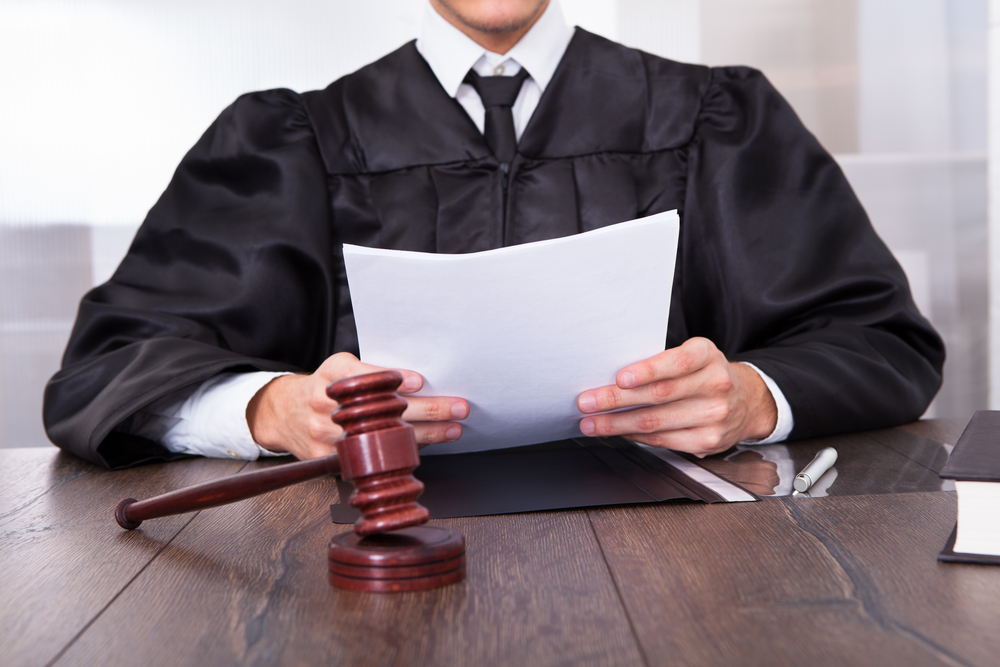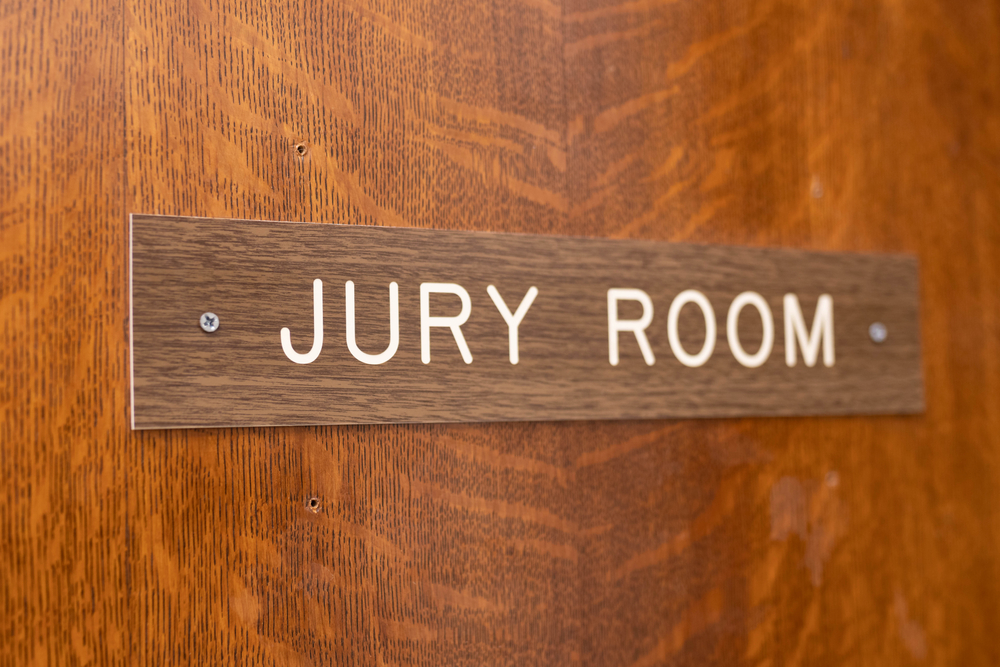Ruling on a Privilege Objection
When a party receives a discovery request, the party may assert an objection under a privilege such as the attorney-client privilege or work product doctrine. If a trial court orders the production of privileged materials, the appropriate appellate mechanism is to file a petition for a writ of certiorari. Brinkmann v. Petro Welt Trading, 46 Fla.L.Weekly D1644a (Fla. 2d DCA 2021). Notably, a party is not “required to provide a privilege log when first responding to the requests for production and that the typical procedure was to hear the motion to compel and then to require a privilege log before the...
Continue reading













